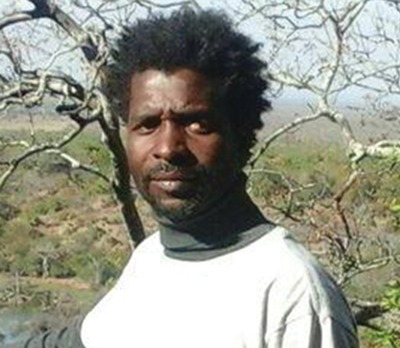
THERE was an innocuous graphic in a history textbook used for the junior certificate then.
It propagated a certain narrative about the Russian revolution of 1917. The graphic has become a reality to Zimbabwe today.
To the uninitiated, junior certificate (JC) was the national public examination that was sat for by all secondary school pupils at Form 2 level before they could start “O” Level studies.
In many respects, the results of the JC examinations were used to screen pupils on what courses or subjects they could study for their “O” Level. JC was a vaunted certificate. A pass with distinctions paved the way for an academic career, while failure relegated one to technical studies — then agriculture, woodwork or metalwork in general.
Not that there is anything bad about being technically gifted as opposed to being academically oriented and potentially getting a white-collar job.
The cartoon was of societal hierarchy post the 1917 communist revolution in Russia. There were three main classes or broad categories in that society — the people (plebians), soldiers (security agents) and politicians.
At the base were the plebians who shouted to anyone who cared to listen that they fed all. At the next level were soldiers who said they shoot all and finally, the politicians who ironically posited they ate for all.
This lesson then was very unrealistic to the Zimbabwean situation that it matters little to study it, but it was a subtle dig at communism as if there are no classes or parasitic groups in neoliberal or capitalistic societies.
- Chamisa under fire over US$120K donation
- Mavhunga puts DeMbare into Chibuku quarterfinals
- Pension funds bet on Cabora Bassa oilfields
- Councils defy govt fire tender directive
Keep Reading
Zimbabwe, in the first decade of independence (1980-1990), had a fairly functional economy though structural defects were starting to show up when expenditure was becoming bigger than revenue each year.
The expanded expenditure was related to social provisions — taking education and primary healthcare to most of the citizens, who hitherto independence, were not catered for by the minority racial Rhodesian regime.
Civil servants’ salaries then were nearly uniform and had purchasing power. For those in the security sector, they had adequate provisions of food rations, fatigues and boots. The morale was high in the cantonments and teachers wore their profession with pride then.
However, the situation has dramatically changed in the two years post the November 2017 military coup. The boys in uniform have a new status — they are more equal to other civil servants because of their collective contribution in the making of the new regime.
Treasury initially announced that it was funding for the re-establishment of garrison shops to cater for the boys in uniform’s needs in their cantonments.
The shops were to sell subsidised basic food commodities to soldiers and police — a special treatment that was not extended to all other struggling civil servants.
Finance minister Mthuli Ncube last month announced a 50% cushioning allowance for all civil servants and a US$75 special COVID-19 allowance for only three months.
The statement was innocent and seemed to have treated all civil servants equally. However, when the allowances were paid out, a huge and an unsustainable wage divide was created among civil servants.
Soldiers received nearly $8 000, police officers $5 000 and teachers $1 400. It needs no one to be a scientist to see that there is now a renewed vigour to stratify civil servants with soldiers at the top.
While the US$75 allowance is still to be disbursed, Treasury has proved that poor, invalids and pensioners are on their own. In March this year, Ncube said he had set aside $600 million to assist a million vulnerable citizens through direct cash transfers to them.
However, to date, according to a Cabinet statement, only slightly over 200 000 people have received the paltry cash transfers — meaning a massive four in five or 80% of the intended beneficiaries were left out of the net.
The continued COVID-19-induced lockdown has brought untold suffering to the poor, particularly informal traders who have been locked out of the economy since March 30, 2020.
These are men and women who eke a living from hand to mouth, with basically no savings to talk of. However, in government’s perspective, this restive section of the society is less dangerous to its existence than boys in uniform.
The boys in uniform have breathed life into the JC history textbook — they indeed shoot for the regime. They did it on August 1, 2018 when they shot and killed six unarmed and fleeing civilian protesters.
They repeated the same in the January 14-16, 2019 anti-fuel price hike protests, where the civic society claims 17 people were shot dead across the country. The pictures and videos went viral, and in the process, sending fear into the majority of citizens.
Like in George Orwell’s Animal Farm, the coup that was meant to bring equality and economic change to all has started faltering, making people look back with nostalgia. And to many — the haunting words: “ALL ANIMALS ARE EQUAL BUT SOME ARE MORE EQUAL THAN OTHERS” — has been turned into a living reality as the paranoid regime tries to secure its power by curry flavouring with the boys in uniform.
We have become a cartoon country — banana in pyjamas.
Paidamoyo Muzulu is a journalist based in Harare. He writes here in his personal capacity.











